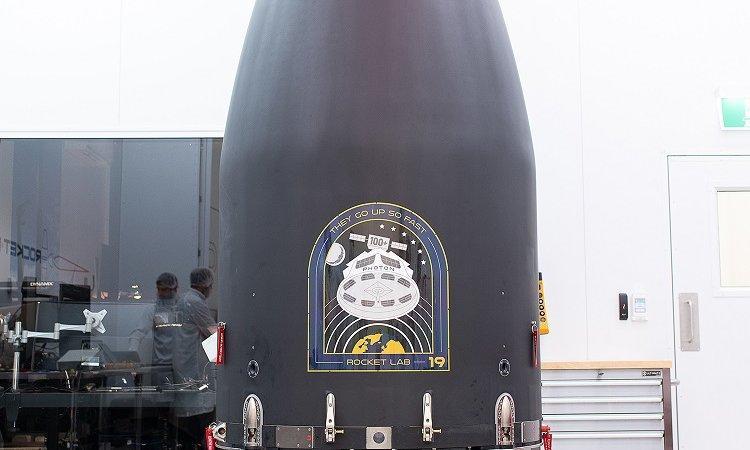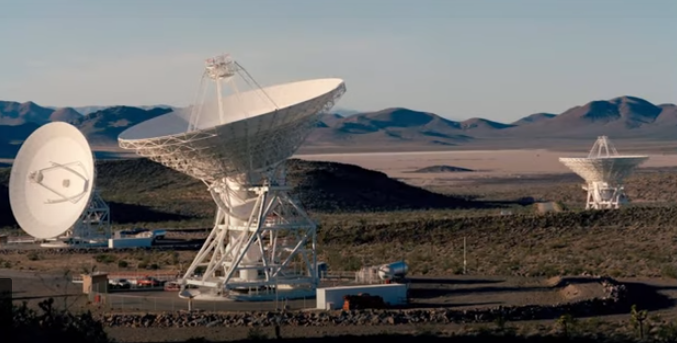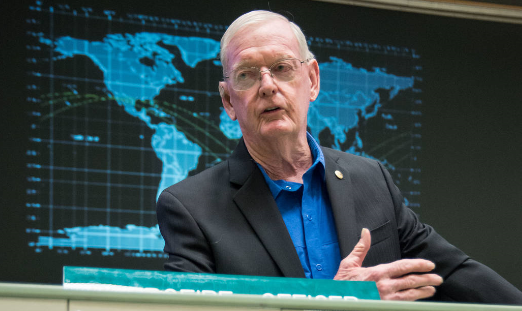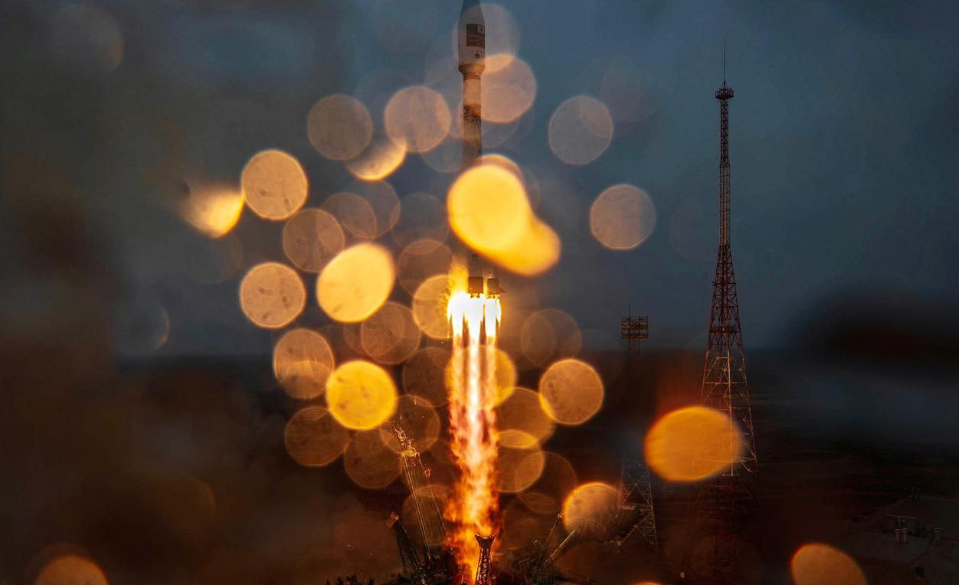Aerospace & Defense Roundup: Mar. 22
March 23, 2021
Ametek To Buy A&D Electronics Specialist Abaco For $1.35B
Electronics manufacturer Ametek on March 22 announced it has agreed to acquire Abaco Systems, a provider of embedded computing systems for aerospace and defense, among other sectors, from Veritas Capital in an all-cash transaction valued at $1.35 billion. Abaco Systems specializes in open-architecture computing and electronic systems. The Huntsville, Alabama, company’s ruggedized products are designed to withstand harsh operating environments such as extreme temperature and high vibration. Abaco’s annual sales were around $235 million, according to the announcement. Credit: Ametek

Upgraded SAMP/T Will Use Aster Block 1NT Missile
The Eurosam consortium of MBDA and Thales has been contracted to develop a new version of the SAMP/T ground-based air defense system. The SAMP/T NG will make use of the Aster Block 1 NT missile—in development since late 2015—along with a new 360-deg. multifunction rotating active electronically scanned array radar and a new command and control system. Credit: Eurosam

ST Engineering Makes Unsolicited Offer For Cubic, Battling Veritas
A bidding war is breaking out over military trainer and C4ISR provider Cubic, with a new bid worth hundreds of millions of dollars more emerging from Singapore Technologies (ST) Engineering, Cubic acknowledged March 22. On Feb. 7, Cubic, of San Diego, had agreed to be taken private by Veritas Capital and Evergreen Coast Capital, an affiliate of Elliott Investment Management. The latter, an activist hedge fund, had been pressuring Cubic since last summer. Terms of that deal called for Veritas and Elliott to pay Cubic $70 per share. Credit: Cubic

Rocket Lab Launches Seven Satellites On Rideshare Electron
A Rocket Lab Electron booster has carried seven satellites on a rideshare mission into space from New Zealand. The lift-off from launch complex 1 at the company’s Mahia Peninsula complex on North Island at 11:30 a.m. local time on March 23 marked the 19th flight for the Electron. For the second time, a Rocket Lab-built satellite was lifted into orbit by an Electron booster. The Photon Pathstone is a demonstrator to show Rocket Lab’s readiness to support a NASA mission later this year, which will deploy another company-built satellite in lunar orbit. Credit: Rocket Lab

The Weekly Debrief: Battle Management, Or Lack Thereof
Advanced battle management, as a function in modern warfare, is no longer based on the Cold War model of orchestrating a predetermined script of actions. Instead, battle management is about executing fluid and complex adjustments faster than an opponent on an always-changing battlefield. Credit: U.S. Air Force

NASA’s Commercial Partnering To Include Space Communications
NASA’s nearly two-decade-long push to establish game-changing commercial partnerships in low Earth orbit operations to expand human exploration and scientific research and grow the economy is broadening its scope to include a new role for private sector communications and navigation assets and services. In short, NASA is looking to the private sector for more than launch services and cargo deliveries as it makes its way to the Moon and beyond. Credit: NASA TV

Tempest Wins, ISR Fleets Lose In UK Defense Review
The UK will invest another £2 billion ($2.77 billion) in the development of its Tempest Future Combat Air System and will purchase more F-35 Joint Strike Fighters beyond the 48 currently planned, a review of the country’s defense posture has determined. The long-awaited Defense Command Paper, published March 22, confirms the Tempest program will move ahead into its next phase of development, with funding supporting the work over the next four years. Credit: USAF

Legendary NASA Flight Director Glynn Lunney Dies
Glynn Lunney, a member of the Space Task Group that launched NASA’s human spaceflight operations and the flight director remembered for leading the safe return of the Apollo 13 crew, died at his Houston area home on March 19 following a long illness. He was 84. Services arranged by Crowder Funeral Homes in the Houston suburb of Webster are planned for later this week. Credit: NASA

Electric Propulsion Promises Fast Coastal Commuting
A Boston startup is taking a new look at wing-in-ground-effect vehicles through the lens of distributed electric propulsion, advanced flight control and hydrofoil lifting surface technology. Regent is developing a 10-passenger zero-emission vehicle that will compete with high-speed ferries and regional aircraft for commuter travel between coastal cities. The startup already has provisional orders from several ferry operators and short-haul interisland airlines, CEO Billy Thalheimer said. Credit: Regent

Credit: U.S. Government
Pentagon

Soyuz Launches 38 Commercial Satellites, Including Debris Removal Mission
After a two-day delay to conduct additional ground equipment checks, a Soyuz 2.1a rocket flew through clouds above the Baikonur spaceport in Kazakhstan at 2:07 a.m. EDT on March 22 on Russia’s first fully commercial launch this year. The three-stage launch vehicle bore an unusual livery—Soyuz’s traditional gray and orange colors were changed to white and blue. The Soyuz orbited 38 satellites of all sizes, including the first commercial debris removal mission, Astrosacle’s ELSA-d. The 38 customer countries made this the most international launch in Russian history. Credit: Roscosmos
Tempest wins, ISR fleets lose in UK defense review, electric propulsion promises fast coastal commuting, Rocket Lab launches seven satellites on rideshare electron, battle management and more. A roundup of aerospace, space and defense news powered by Aviation Week Intelligence Network (AWIN).